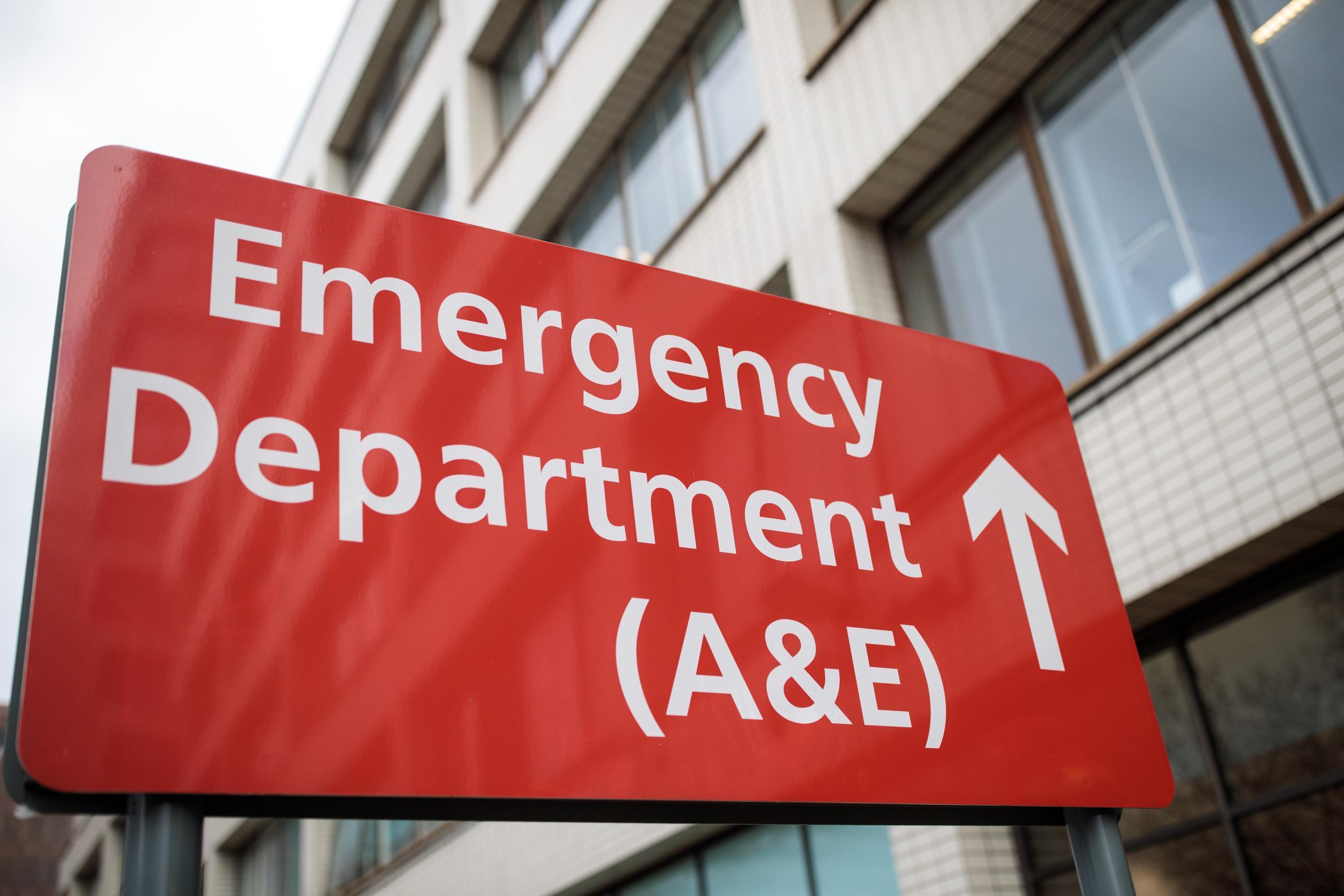I'm a doctor, and here's a 9-step plan to solve the NHS crisis
We need a collective approach involving the Government, regulatory bodies, NHS professionals and the general public

Your support helps us to tell the story
From reproductive rights to climate change to Big Tech, The Independent is on the ground when the story is developing. Whether it's investigating the financials of Elon Musk's pro-Trump PAC or producing our latest documentary, 'The A Word', which shines a light on the American women fighting for reproductive rights, we know how important it is to parse out the facts from the messaging.
At such a critical moment in US history, we need reporters on the ground. Your donation allows us to keep sending journalists to speak to both sides of the story.
The Independent is trusted by Americans across the entire political spectrum. And unlike many other quality news outlets, we choose not to lock Americans out of our reporting and analysis with paywalls. We believe quality journalism should be available to everyone, paid for by those who can afford it.
Your support makes all the difference.A happy New Year to you. The weather is worsening, the number of flu-related illnesses is on the rise, and once again the NHS is under pressure.
The headlines are back – screaming that the NHS is “on the brink”, “on a cliff edge”, “on its knees”. Operations are being cancelled, targets have not been met, waiting times are increasing. As usual, politicians argue that more money is being invested, while the department of health is wheeling out the same meaningless statistics.
Has nothing changed over the last few years? Quite a bit has, in fact: the population has expanded and demographics have changed, with most service users being elderly; people with long term illnesses are living longer; new diseases have evolved; medicines and diagnostics have become costly and people are increasingly reliant on the NHS for every difficulty they encounter in their daily lives.
In the past decade, the NHS has slowly sleepwalked into being an ever-expansive service, including the social aspects of medicine. It has become a victim of its own success: a monstrous proportion of money is now swallowed up in a very short span of time without any real change to frontline services.
The NHS has a finite capacity. In some areas, it is very well funded and putting in more and more money following every public outcry or spate of bad press is never going to be the long-term solution. Instead, the NHS needs a strong political will, careful spending, the involvement of clinicians in decision-making bodies as well as a responsible attitude and realistic expectations from the public.
We are at the crossroads and will remain so for several years. Major surgeries are needed, not the temporary filling of pot holes.
There are, I believe, nine simple strategies which would make a large difference:
- The purpose of the NHS needs to be redefined so that it is fit for purpose in 2018. It should focus on being an institution for treating sick people and sending them home when they are ready. It should stop being a social guardian and avoid moral policing
- The captain of the ship must change immediately. In my view, the current person in charge does not have a vision or leadership qualities, has made no meaningful policies or change since 2010 and has instead contributed to the demonisation of doctors and alienation of the workforce
- Politicians and media managers should be banned from spinning ill-conceived and poorly researched health-related statistics to further their own agendas. The concept of a target-driven service should be completely abolished
- Red tape and layers of management should be stripped back. For safe and effective delivery of services, every decision-making body should have clinical representatives who are always in a better position to understand NHS-related issues
- The NHS workforce should be valued, respected and appropriately paid so that they can work with more enthusiasm and compassion
- Resources should be streamlined for greater spending on increasing numbers of home grown doctors, nurses and other health care professionals so that we are less reliant on doctors and health professionals from abroad and locum agencies
- The public should try to look after their elderly relatives in their own homes so that the dependence and burden on the social care system can be minimised. This will help to free up acute hospital beds which are often blocked by patients waiting for social care long after they have been declared medically fit for discharge
- Society should take more responsibility for their health, preventing hospital admissions for lifestyle-related illness. I would include excess smoking, obesity and a sedentary lifestyle in this category
- The public should pay to use parts of the NHS. Health care should be subsidised by the Government on all fronts and the public should also be asked to make a nominal contribution when they visit their GP surgery or go to A&E, so that the money can be reinvested in the NHS – the same theory that the Government says applies to hiking rail fares every year
The NHS is probably the most coveted and prized institution that Britain can boast of in the 21st century.
It is a unique, national treasure and should be preserved at any cost. This would need a collective approach involving the Government, regulatory bodies, NHS professionals and the general public. We have all known about its problems for a long period and perhaps the time has come to talk about the solutions.
Join our commenting forum
Join thought-provoking conversations, follow other Independent readers and see their replies
Comments